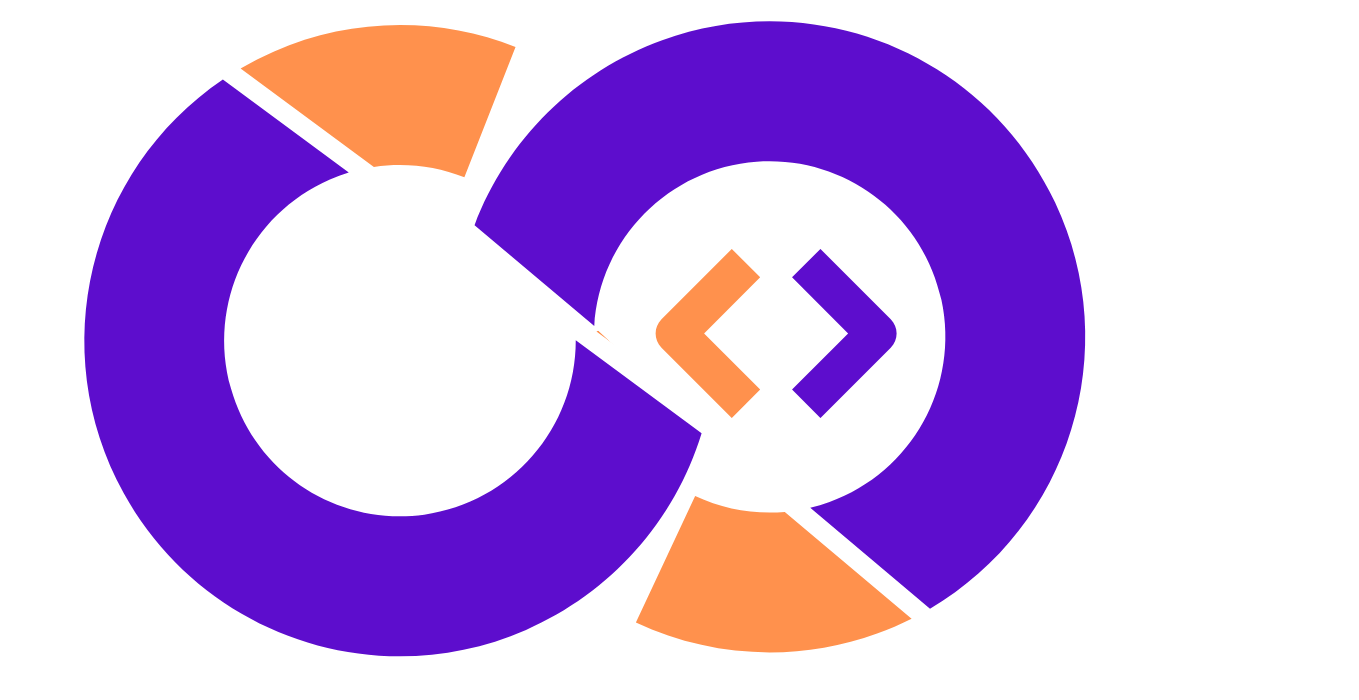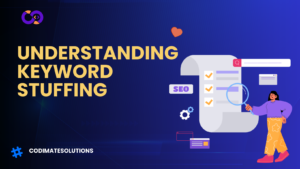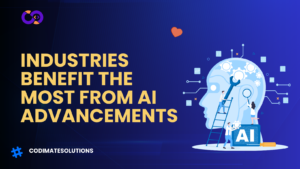In the rapidly evolving digital ecosystem, artificial intelligence (AI) and machine learning are not just buzzwords—they’re revolutionary forces fundamentally reshaping the landscape of search engine optimization (SEO). As we stand at the intersection of technology and digital marketing, understanding how AI is transforming search has become crucial for businesses, content creators, and digital strategists.
- The Evolutionary Leap: From Traditional SEO to AI-Driven Search
- Core Mechanisms of AI in Modern Search
- Personalization: The New Frontier of Search
- Content Quality in the AI Era
- Technical SEO Transformation
- Emerging AI-Powered SEO Tools
- Future Trajectories: AI's Expanding Search Horizons
- Strategic Recommendations for the AI-Driven SEO Landscape
- Conclusion: Embracing Intelligent Evolution
The Evolutionary Leap: From Traditional SEO to AI-Driven Search
Historically, SEO was a relatively straightforward discipline. Marketers focused on keyword density, backlink quantity, and adhering to a set of predictable algorithmic rules. Website owners could achieve rankings through somewhat mechanical strategies—stuffing keywords, acquiring low-quality links, and creating thin content designed to game search algorithms.
Those days are definitively over.
The RankBrain Revolution
Google’s introduction of RankBrain in 2015 marked a watershed moment in search technology. This machine learning algorithm represented the first significant public demonstration of how AI could fundamentally transform search understanding. Unlike previous algorithms that operated on rigid, predefined rules, RankBrain could learn, adapt, and understand context in ways that mimicked human comprehension.
Core Mechanisms of AI in Modern Search
1. Semantic Search and Contextual Understanding
Traditional search engines matched keywords literally. Modern AI-powered search understands language’s nuanced, contextual nature. When a user searches “best running shoes for long-distance training,” an advanced AI comprehends:
- The searcher is likely a serious runner
- They’re seeking professional-grade athletic equipment
- Considerations like durability, comfort, and performance are critical
- The intent goes beyond simple product recommendations
This sophisticated understanding means content must be genuinely informative, addressing multiple layers of user intent.
2. Natural Language Processing (NLP)
Natural Language Processing represents perhaps the most transformative AI technology in search. Advanced NLP algorithms can:
- Interpret conversational and complex queries
- Recognize synonyms and conceptual relationships
- Extract meaningful context from seemingly ambiguous language
- Understand user intent beyond literal word matching
Google’s BERT (Bidirectional Encoder Representations from Transformers) algorithm exemplifies this capability. BERT can analyze the relationship between words in a query, understanding subtle contextual nuances that previous algorithms missed.
Personalization: The New Frontier of Search
AI enables unprecedented search personalization. Two individuals searching identical queries might receive distinctly different results based on:
- Geographic location
- Previous search history
- Device characteristics
- Individual preferences
- Interaction patterns
- Demographic information
This means generic, one-size-fits-all SEO strategies are obsolete. Modern digital marketing demands adaptive, dynamic approaches that recognize individual user contexts.
Content Quality in the AI Era
Machine learning algorithms have become remarkably sophisticated at assessing content quality. They evaluate multiple dimensions simultaneously:
- Comprehensive information depth
- Writing clarity and readability
- Originality of insights
- User engagement potential
- Alignment with expertise and trustworthiness standards
Thin, keyword-stuffed content is not just ineffective—it’s potentially damaging to search rankings.
The E-A-T Framework
Expertise, Authoritativeness, and Trustworthiness (E-A-T) have become critical ranking factors. AI algorithms can now:
- Verify author credentials
- Cross-reference information sources
- Assess content comprehensiveness
- Evaluate the credibility of published material
This means content must be genuinely valuable, not merely optimized for search engines.
Technical SEO Transformation
AI is revolutionizing technical SEO aspects through:
- Automated website performance analysis
- Intelligent error detection
- Predictive optimization recommendations
- Complex user experience assessments
Modern AI tools can:
- Crawl websites with unprecedented speed and accuracy
- Identify technical issues instantaneously
- Provide prioritized, actionable optimization strategies
- Predict potential user experience challenges
Emerging AI-Powered SEO Tools
Several innovative platforms are leveraging machine learning to transform SEO workflows:
1. Clearscope
An AI-powered content optimization platform that provides real-time recommendations for improving content relevance and search performance.
2. MarketMuse
Offers comprehensive content strategy insights, using machine learning to identify content gaps and optimization opportunities.
3. SEMrush Writing Assistant
Provides real-time content optimization guidance, helping writers create search-friendly content intuitively.
Future Trajectories: AI’s Expanding Search Horizons
Voice Search Evolution
AI is making voice search increasingly sophisticated, requiring optimization for conversational, natural language queries.
Visual Search Capabilities
Improved image recognition means visual content will play a more significant role in search strategies.
Predictive Search Experiences
Search engines are moving towards anticipatory experiences, predicting user needs before explicit queries.
Strategic Recommendations for the AI-Driven SEO Landscape
To remain competitive, digital professionals must:
- Embrace continuous technological learning
- Invest in AI-powered analytical tools
- Create genuinely valuable, comprehensive content
- Understand emerging technological trends
- Prioritize holistic user experiences
Conclusion: Embracing Intelligent Evolution
The AI revolution in SEO isn’t about replacing human creativity—it’s about augmenting and enhancing our capabilities. By understanding and strategically leveraging these intelligent technologies, we can create more meaningful, relevant, and user-centric online experiences.
The future of SEO is not about manipulating algorithms—it’s about serving user needs through intelligent, comprehensive, and genuinely valuable content.




